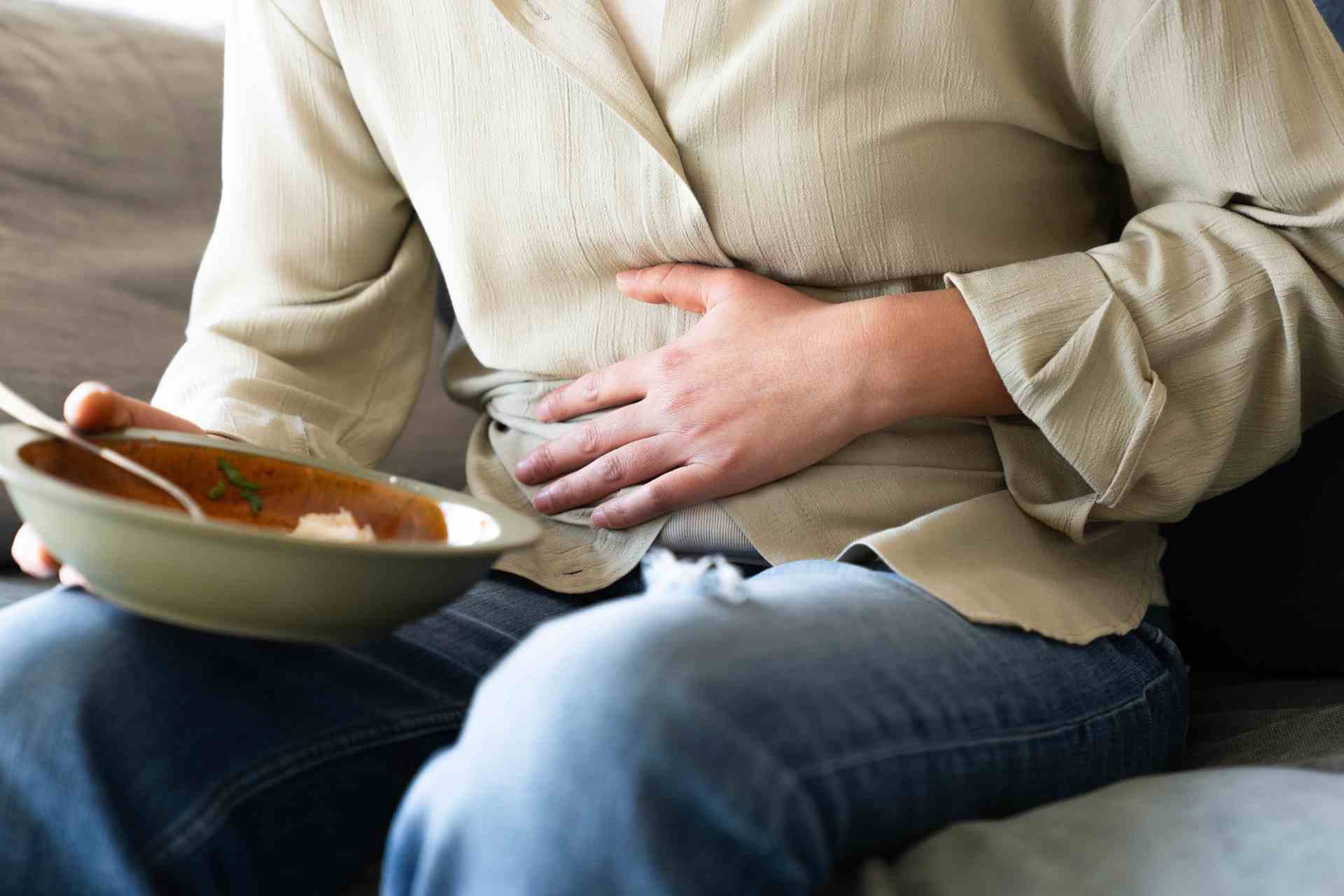Clostridioides difficile is a major public health concern, especially in hospitals, causing severe infections that are often linked to antibiotic use. A new study in mice suggests that diet can protect against intestinal inflammation by shaping the microbiota.
The findings, published in mBio, highlight the potential for dietary interventions in treating C. difficile infection and inflammatory conditions such as inflammatory bowel disease.
Previous research has shown that diet can modulate the microbiota and influence the severity of C. difficile infections. For example, certain foods, such as fiber, seem to reduce disease severity, while high-fat and high-protein diets may worsen it.
Studies in mice have shown that different standard lab diets can affect C. difficile infection severity. However, even when using the same type of mice and treatment protocol, disease severity varied between different research facilities. The key difference was the type of standard mouse chow used: mice fed Diet 5010 experienced severe illness, while those on Diet 5053 had milder symptoms.
To better understand the link between diet and disease severity, Joshua Denny at the University of Pennsylvania in Philadelphia and his colleagues set out to compare Diet 5010 and Diet 5053.
Protective effect
Despite having similar levels of C. difficile in their guts, mice fed Diet 5053 showed less intestinal damage and inflammation than those fed Diet 5010. Mice fed Diet 5053 also had a more controlled immune response with reduced inflammation and tissue damage compared to those on Diet 5010.
Even after antibiotic treatment, mice on Diet 5053 had more beneficial gut bacteria such as Lactobacillaceae than mice on Diet 5010, the researchers found.
Further analyses revealed differences in gut metabolites between mice: those fed Diet 5053 had high levels of flavonoids, which are known for their anti-inflammatory effects. This unique metabolite signature suggests that Diet 5053 helps limit inflammation, the researchers say.
Anti-inflammatory metabolites
When tested in a mouse model of colitis, Diet 5053 reduced disease severity and weight loss compared to Diet 5010, the researchers found.
To explore the role of gut bacteria in protecting against infection, the team compared the diets in mice from different breeding facilities, which are known to have distinct microbiota compositions. Diet 5053 provided better protection against infection and colitis, but only in mice with a diverse microbiota.
The findings suggest that the protective effects of Diet 5053 depend on the microbiota’s production of anti-inflammatory metabolites, which help reduce inflammation and maintain the intestinal barrier against C. difficile infection and colitis, the authors say. However, they add, “more research is needed to understand the mechanistic role of Diet 5053 and how these findings may apply more specifically to C. difficile infection and [inflammatory bowel disease] in humans.”









